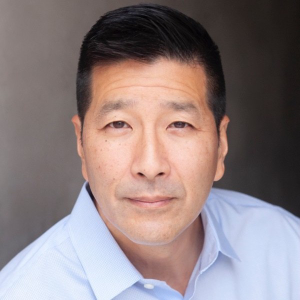Title : Use of highly enhanced autologous natural killer cells for advanced Alzheimer’s disease
Abstract:
Background: Alzheimer’s Disease (AD) remains a neurodegenerative diseases with little to no disease modifying treatments. As more evidence emerges on how misfolded amyloid deposits elicit a cascade of autoreactive neuroinflammation and damage, it is clear that removing these proteins by themselves will not fully address the complex process. Natural Killer (NK) cells are an essential part of the innate immune system that have been found to slow progression of amyloid protein deposition. NK cells have also been reported to identify and eliminate autoreactive T-cell generated neuroinflammation and damaged neurons via DNAM-1 and NKG2D. But immunosenescent NK cells have been reported in many patients with neurodegenerative diseases. While NK cells have always been challenging to grow and enhance ex vivo especially when derived from older or heavily pretreated donors, SNK01 is a first-in- kind, autologous non-genetically modified NK cell product with significant increased cytotoxicity and over 90% activating receptor expression that can be consistently produced from any donor.
Methods: In preparation for a full Phase I dose escalation study, SNK01 was administered intravenously (IV) to three patients under compassionate use approval with confirmed advanced AD. NK cells were successfully activated and expanded from each patient. Average cytotoxicity was increased over 400% and average activating receptor expression was greater than 90%. There were no adverse events reported in the over 20 total doses given. Each patient had noticeable improvement from their pre- treatment baseline evaluation. In subsequent analysis of serial CSF samples obtained from additional patients, SNK01 was found to cross the blood brain barrier to reduce tau, p-tau protein levels as well as neuroinflammatory markers GFAP, NF-L, YKL-40.
Conclusion: SNK01 with high cytotoxicity and activating receptor expression can be consistently produced from patients with advanced AD. Preliminary data suggests that SNK01 is very safe and may reduce protein levels and neuroinflammation. This will be expanded into a full Phase I/II trial with a more prolonged dosing schedule.
Audience Take Away
- How amyloid/tau protein deposition elicits an autoimmune cascade which causes neuroinflammation and damage
- How the innate and adaptive immune systems contribute to the overall disease process.
- Understand how Natural Killer Cells may play a role in reducing protein deposition, neuroinflammation, and clearing damaged neurons and cellular debris
- Review the preliminary clinical experience of patients with advanced Alzheimer’s disease treated with autologous enhanced NK cells


